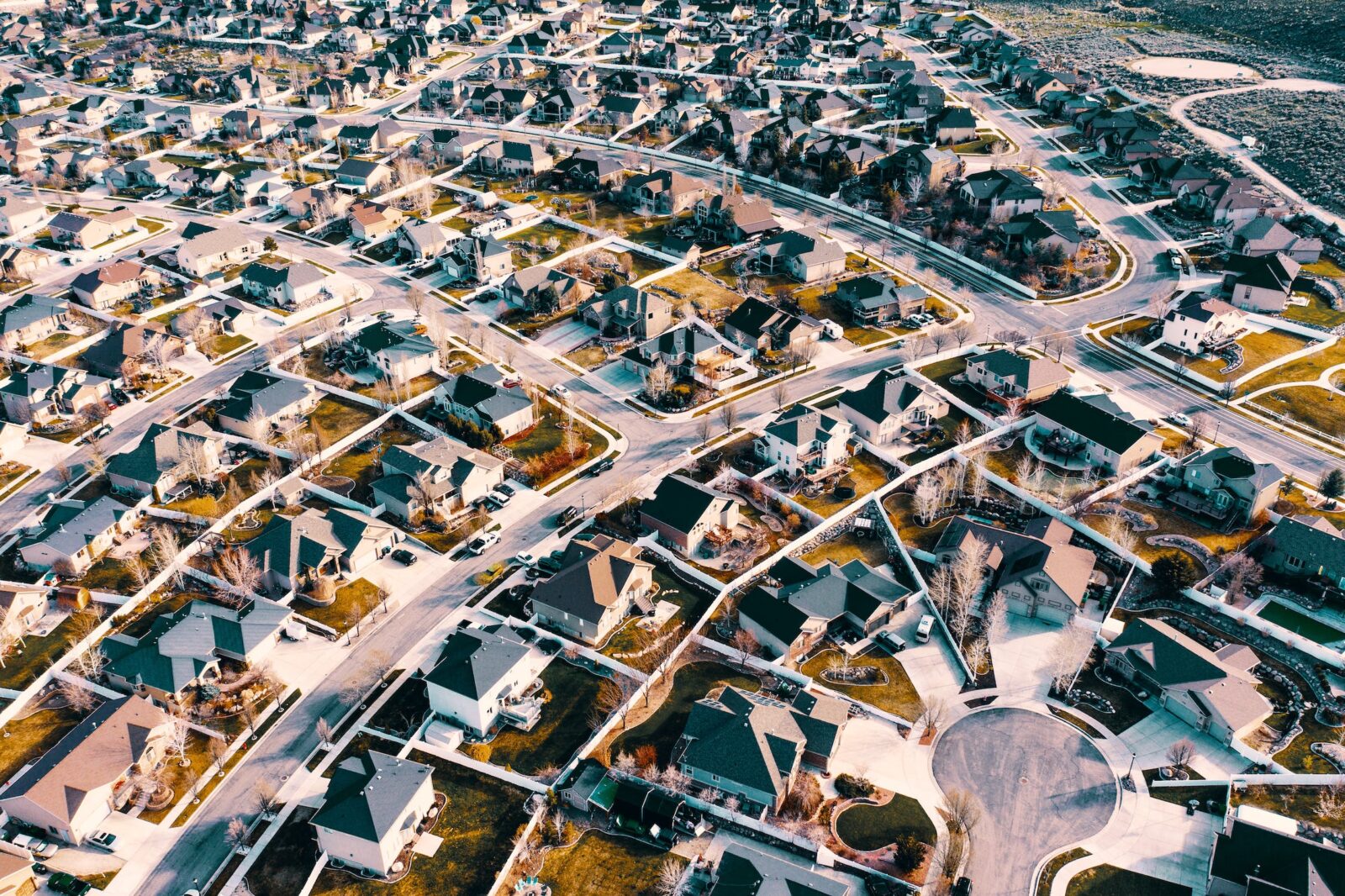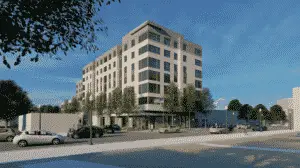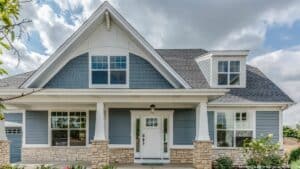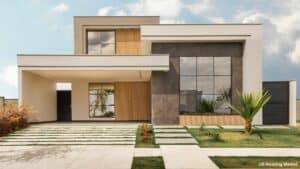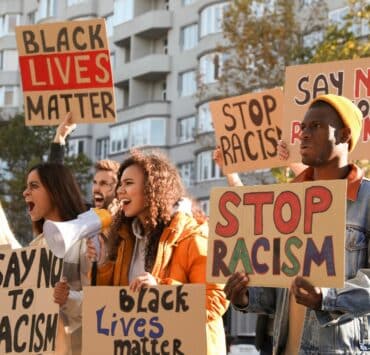Racism in Richmond housing prices has been a persistent issue for decades. A recent report from Housing Opportunities Made Equal (HOME) highlights the extent of racial disparities in housing costs in the city. The report showed that racism accounted for a 17% disparity in the value of homes with equal amenities in white neighborhoods versus homes in Black neighborhoods. This blog delves into the findings and implications of this report, shedding light on the systemic nature of the problem and potential solutions.
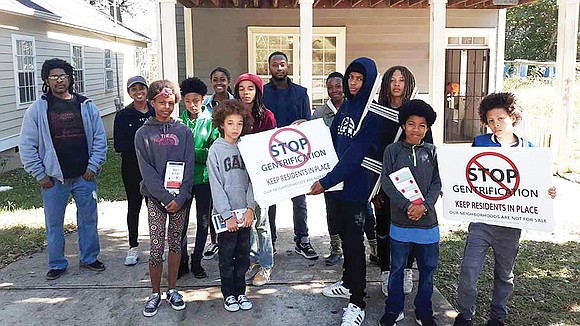
Historical Context
Richmond’s history of racial segregation and discriminatory housing policies has deep roots. The city’s neighborhoods were historically divided along racial lines, a pattern reinforced by redlining practices. Redlining systematically denied services and loans to residents in predominantly Black neighborhoods, leading to long-term economic disadvantages.
Key Findings of the Report
The latest report from May 30, 2024, reveals that racism in Richmond continues to affect housing prices. Homes in predominantly Black neighborhoods are valued significantly lower than those in predominantly white neighborhoods, despite similar characteristics. This disparity is not merely a relic of the past but an ongoing issue perpetuated by systemic biases and discriminatory practices in the real estate market.
The Richmond nonprofit group HOME, which works to make city housing policy fair for all, said the gap was also a major reason why traditionally Black communities are fading away.
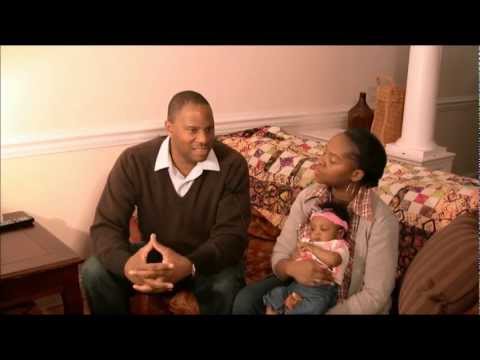
Impact on Communities
Wealth Accumulation
The undervaluation of homes in Black neighborhoods has serious consequences. It limits the ability of Black families to build wealth. This restriction affects their ability to invest in education, start businesses, and achieve overall economic mobility.
Public Services and Infrastructure
The lower home values also lead to lower tax revenues for these communities. This results in underfunded public services and poor infrastructure.
Personal Experience
One homeowner from the Richmond area, Angelyn Scott, shared her personal story: “My father and most of my aunts and uncles grew up here,” said Scott, referring to the house behind her. “So this house has been in the family for about 75 years.” Scott is trying to maintain a family tradition in Richmond’s Church Hill neighborhood.
Bureaucratic Challenges
Scott faced challenges when the city advised her to board up her home. “The city said, ‘Well, the house isn’t being occupied right now. We suggest that you put up boards on your windows and doors,'” said Scott. “And so, after we put these boards up on the windows and doors, we immediately get this letter saying, ‘Oh, because you have boards on your windows and doors, you’re now in this program that you didn’t choose to be in.'”
Racial Disparities in Home Valuation
According to HOME, a larger and more sinister force is at work and has been for decades. “If you strip away all the factors that you would think about when it comes to housing price, race is still a predominant factor in determining what the value is of that house,” said Tom Fitzpatrick, HOME’s Executive Director.
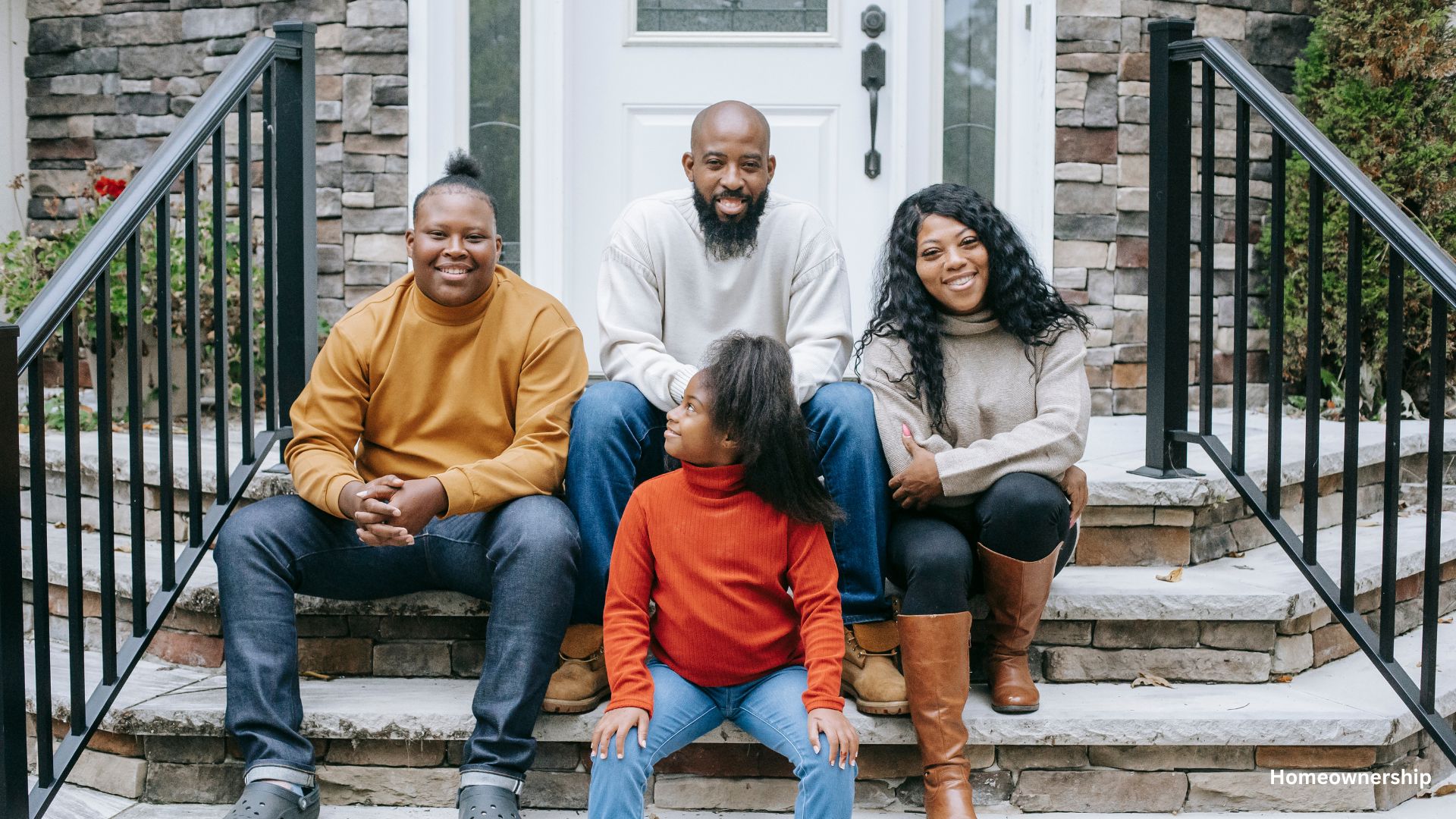
Home Value Disparities
Fitzpatrick highlights that the average home in a majority Black neighborhood in Richmond is worth 17% less than a home in a neighborhood with identical opportunities but with a population that is less than one percent Black. This makes the lower home values in traditionally Black communities, such as Church Hill, Randolph, or Highland Park, vulnerable to outside buyers who can essentially price older families out of their traditional homes.
Displacement of Black Residents
“We’re very concerned that in those specific neighborhoods, there has been displacement of Black residents,” Fitzpatrick said. “And in some of them, up to 45% of Black residents that live in those neighborhoods no longer live there 10 years later.”
Efforts to Address the Issue
Addressing racism in Richmond’s housing market requires a multifaceted approach. Key recommendations from the report include enforcing anti-discrimination laws more rigorously, providing financial incentives for fair housing practices, and investing in community development initiatives. Additionally, increasing awareness and education about the impacts of racism in housing can help mobilize support for systemic changes.
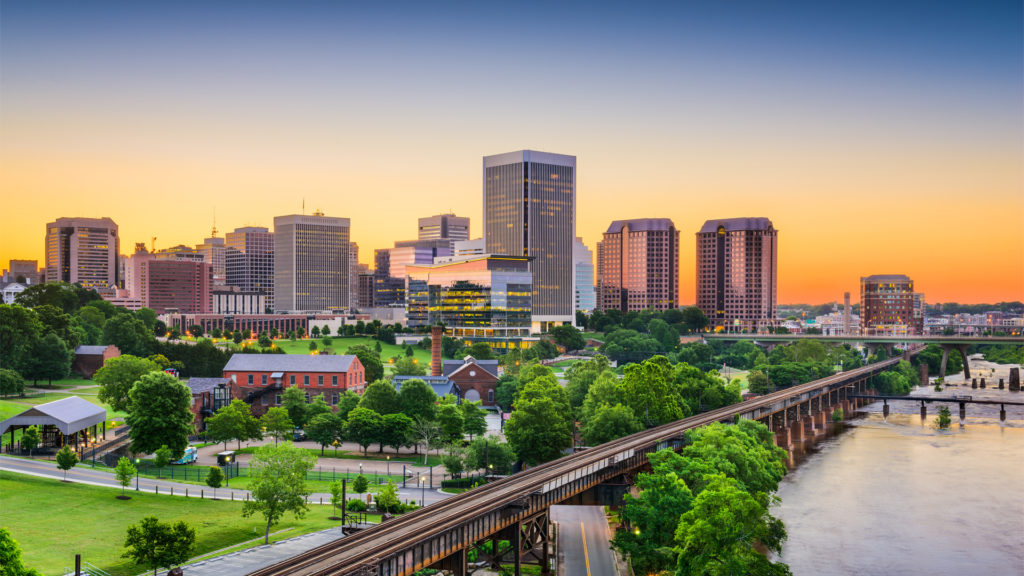
Racism in Richmond Housing Prices
Racism in Richmond remains a significant barrier to housing equity. The recent report underscores the need for continued vigilance and proactive measures to dismantle these ingrained disparities. By addressing these issues head-on, Richmond, Virginia can move towards a more equitable future where housing prices reflect fairness and equality for all its residents.
